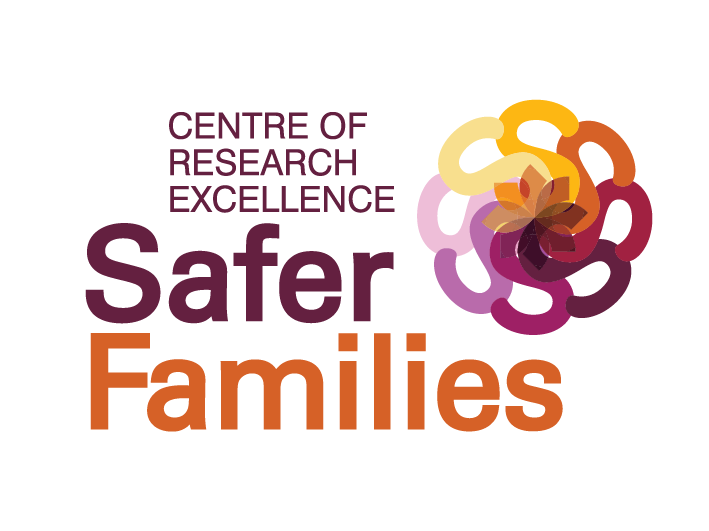Self-paced e-learning modules
A suite of e-learning modules providing evidence based knowledge and practical skills to engage early with victim-survivors and their families as well as people who use DFV.
There are nine modules available nationally. Each one takes approximately one hour to complete. You can choose to complete one or as many modules as you wish. To enrol in any of the modules, please click on the enrol links below.
IMPORTANT: Once enrolled in a course module, please bookmark your learning portal gateway so you can return to the course whenever required using the login and password provided to you upon enrolment. If you have previously enrolled and have not saved your gateway address, you can also return using the LOG IN button below.
Identifying and Responding to Domestic and Family Violence
Identifying People who have used Domestic and Family Violence
Providing Trauma and Violence Informed Care in Primary Care
Addressing Family Violence: Aboriginal and
Torres Strait Islander Peoples
Recognising and responding to DFSV experienced
by ethnic/racial
minority women
Recognising and
responding to
LGBTQA+ people
impacted by DFV
Identifying and Responding
to Child Abuse
and Neglect
Six Steps to Support you to
Assess and Respond to
Elder Abuse
Supporting Primary Care to Implement Family Violence Information Sharing











